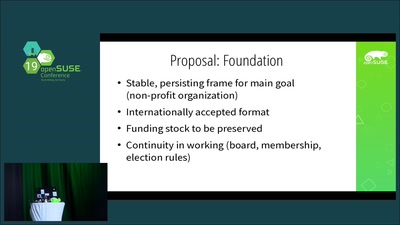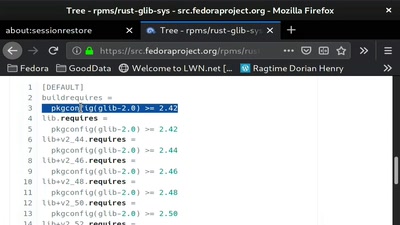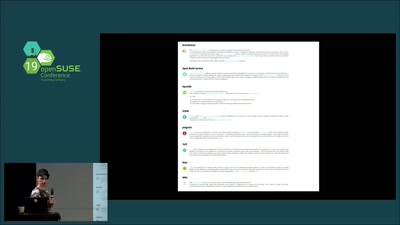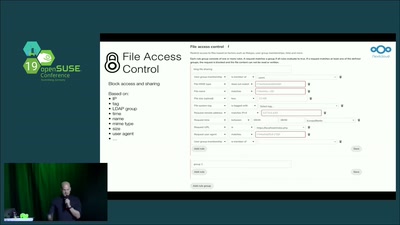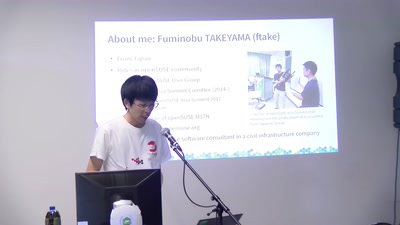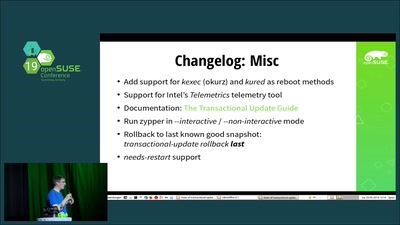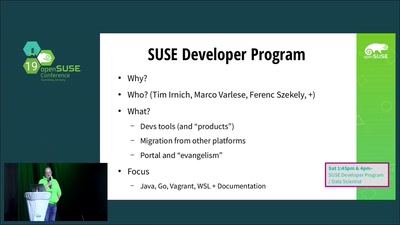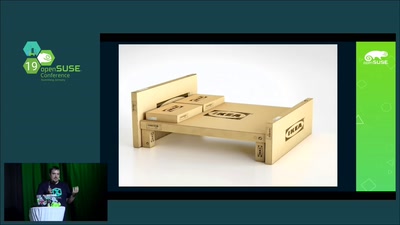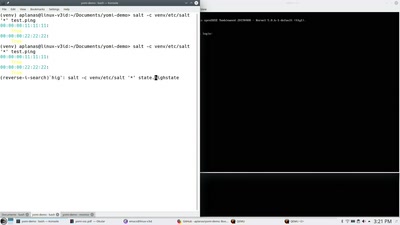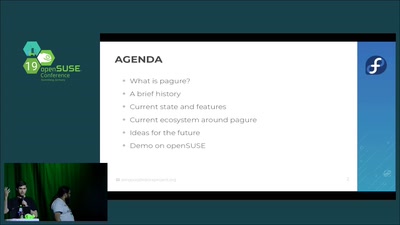The great thing on atomic updates as used e.g. with transactional-update is, that your system is always in a defined state. But what happens with changes in /etc? With normal updates, changes are done immediately to /etc during the updates. With atomic updates, they are only visible with the next reboot. Which means, changes between update and reboot to /etc can create a conflict.
There are several strategies by other distributions, like three-way-diff and patching, symlinks, ignoring the problem, etc.
In this talk I will mention the biggest challenges we see, which solutions do exist, what are the advantages and what the disadvantages and which impact this will have on normal distributions like openSUSE Tumbleweed. This talk is to create awareness for the problem and as base for discussions, it will not provide a solution for every problem.
It's targeting application developers and distribution developers, as this are the areas were changes would be necessary.
The great thing on atomic updates as used e.g. with transactional-update is, that your system is always in a defined state. But what happens with changes in /etc? With normal updates, changes are done immediately to /etc during the updates. With atomic updates, they are only visible with the next reboot. Which means, changes between update and reboot to /etc can create a conflict.
There are several strategies by other distributions, like three-way-diff and patching, symlinks, ignoring the problem, etc.
In this talk I will mention the biggest challenges we see, which solutions do exist, what are the advantages and what the disadvantages and which impact this will have on normal distributions like openSUSE Tumbleweed. This talk is to create awareness for the problem and as base for discussions, it will not provide a solution for every problem.
It's targeting application developers and distribution developers, as this are the areas were changes would be necessary.

